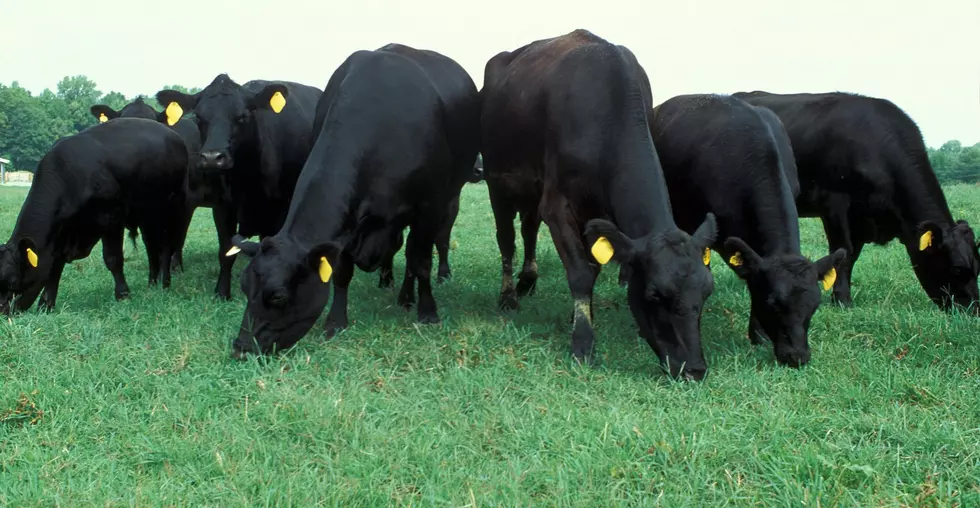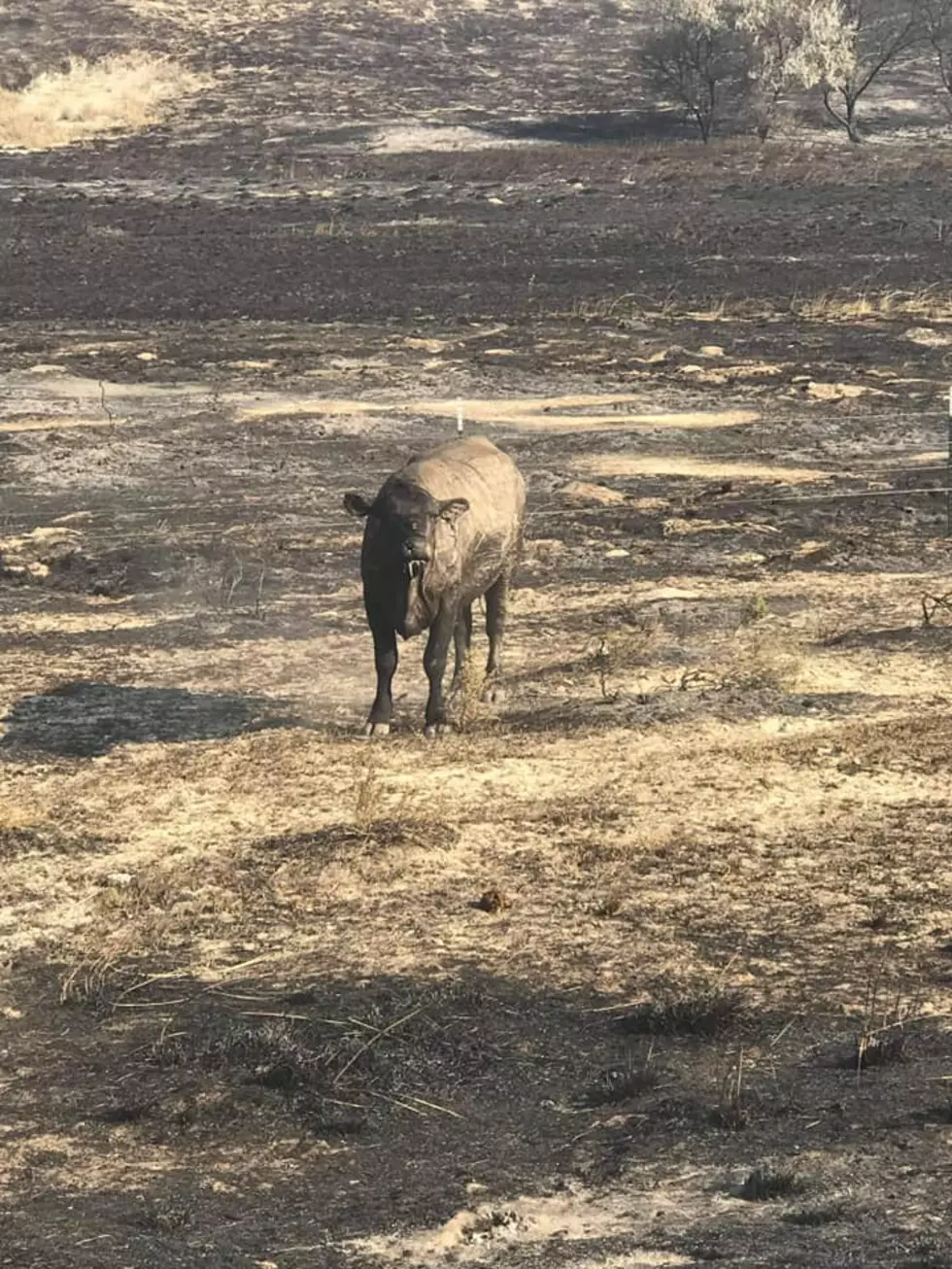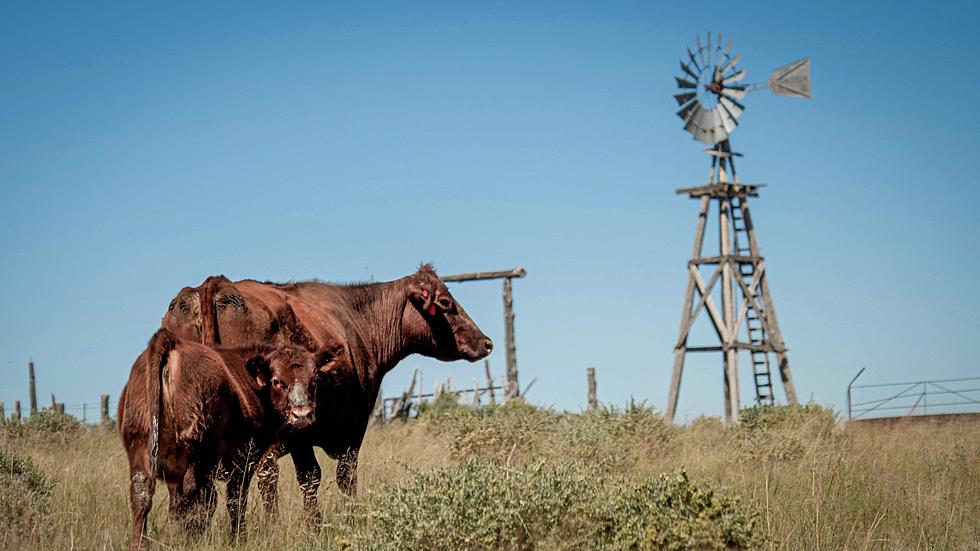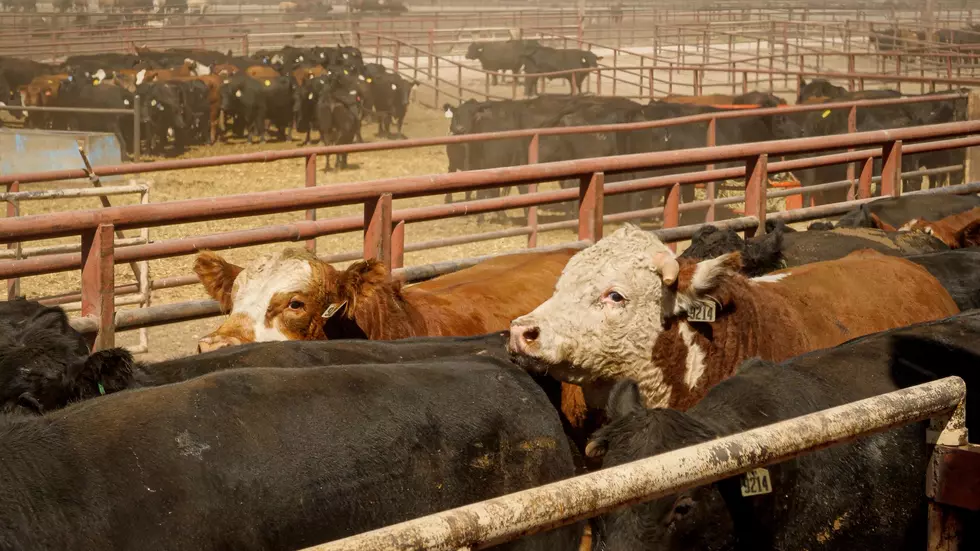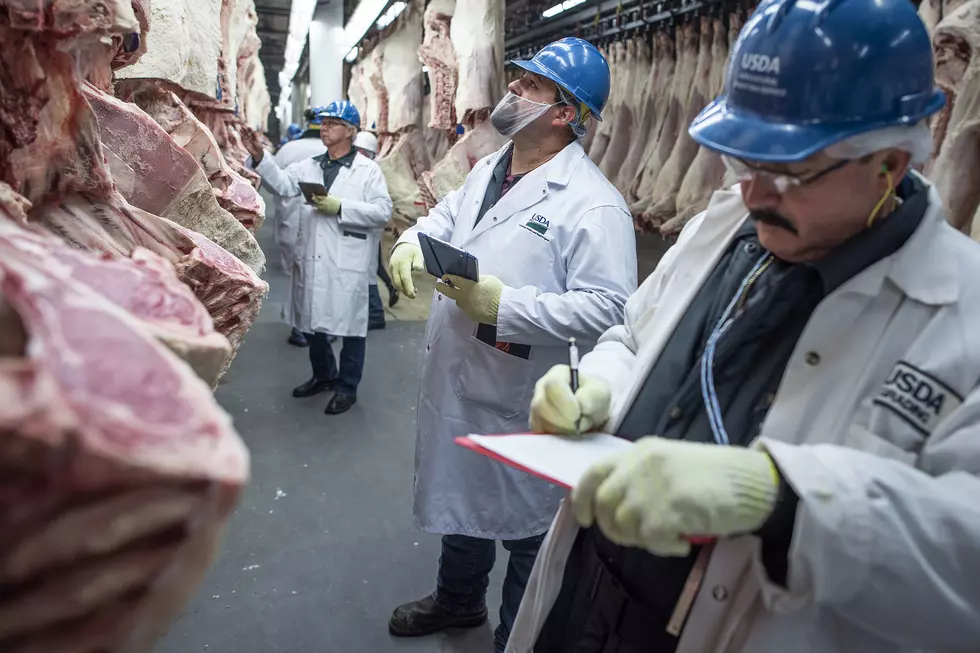
Canada: Product of U.S. Label a Solution Without a Problem
A recent proposal by USDA which involves meat product labelling immediately raised the spectre of COOL, Country-of-Origin labelling, for Canadian red meat sectors. USDA proposed that ‘only’ meat products derived from animals born, raised, slaughtered, and processed in the United States should be allowed to carry a Made in the USA label. Back in late 2015 the World Trade Organization upheld a ruling that said American Country of Origin Labelling rules discriminated against Canadian and Mexican livestock exports into the US marketplace. And since that time American industry importers have received live Canadian hogs and cattle, and their products, largely without incident. So, the recent proposed labelling standard, described by the USDA as ‘voluntary’, quickly drew the sharp attention of Canadian beef and hog sectors.
Stephen Heckbert, executive director of the Canadian Pork Council, says his sector is working closely with the Canadian cattle sector to respond to the Made In the USA labelling issue. Heckbert says that the Canadian industry is taking the issue seriously. But he also thinks the USDA has a solution here to a problem that really does not exist.
“Adding the word Voluntary does seem like an effort to say ‘oh, we’re not dictating terms.’ But a lesson I thought we had learned in 2015 was that the integrated market between Canada and the US works pretty well. Introducing any kind of regulation into that mix will disrupt supply chains, it will make it harder for folks to do business. So, this is a solution looking for a problem.”
At its core, this is simply a Marketing issue which has already been resolved. The Canadian industry is on record as having no problem with a Made In USA label, as it is currently used by American industry. The Country-of-Origin labelling threat arises, says Stephen Heckbert, when the USDA starts to gets restrictive.
“The best way to resolve this is continue to let the market dictate the terms. Nothing has prevented American processors from labelling their product as Made In The U.S. Adding these sorts of restrictions about animals must be born in the United States? I just know that the last time, a whole bunch of people spent a whole lot of money. And in the end, the WTO said to the United States, No. They should have just taken the no.”
Heckbert says that allowing government to restrict measures that have already been resolved is usually not a good idea. Heckbert wants American livestock producers who welcome these restrictions to learn from Canadian industry. In short ‘just be careful want you wish for”.
“If you’re a producer in the United States and you’re thinking some more government regulations will help solve my problem, once you’ve invited them in it’s hard to un-invite them, sometimes,” Heckbert said.
If you have a story idea for the PNW Ag Network, call (509) 547-9791, or e-mail glenn.vaagen@townsquaremedia.com
More From PNW Ag Network


